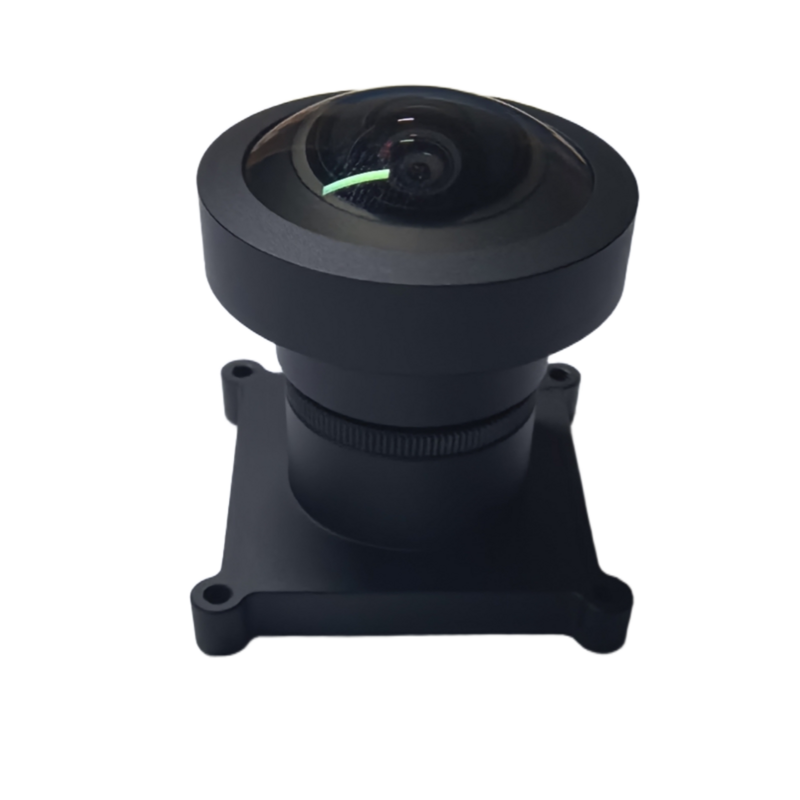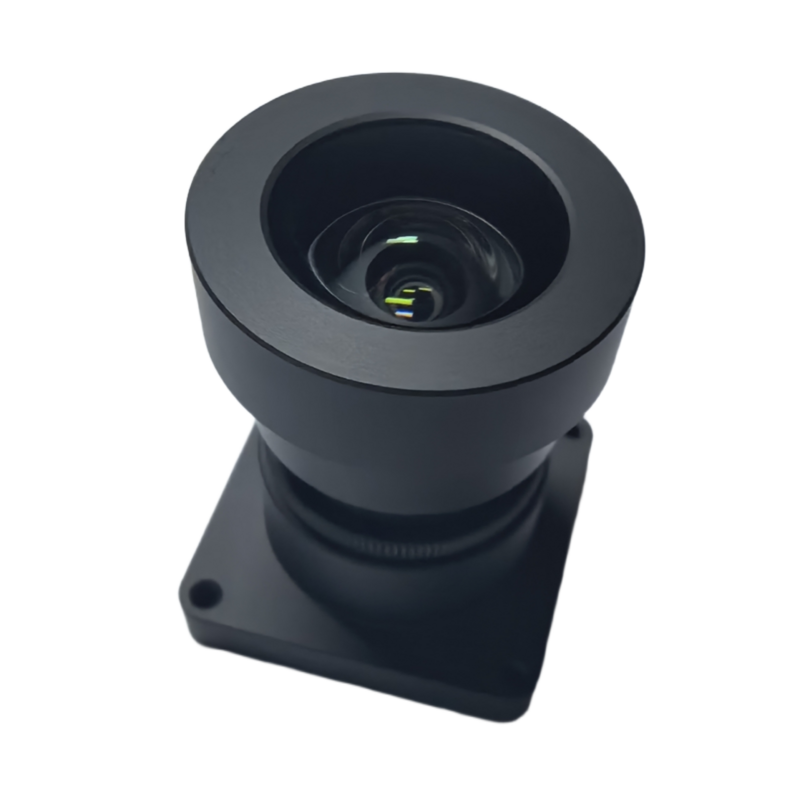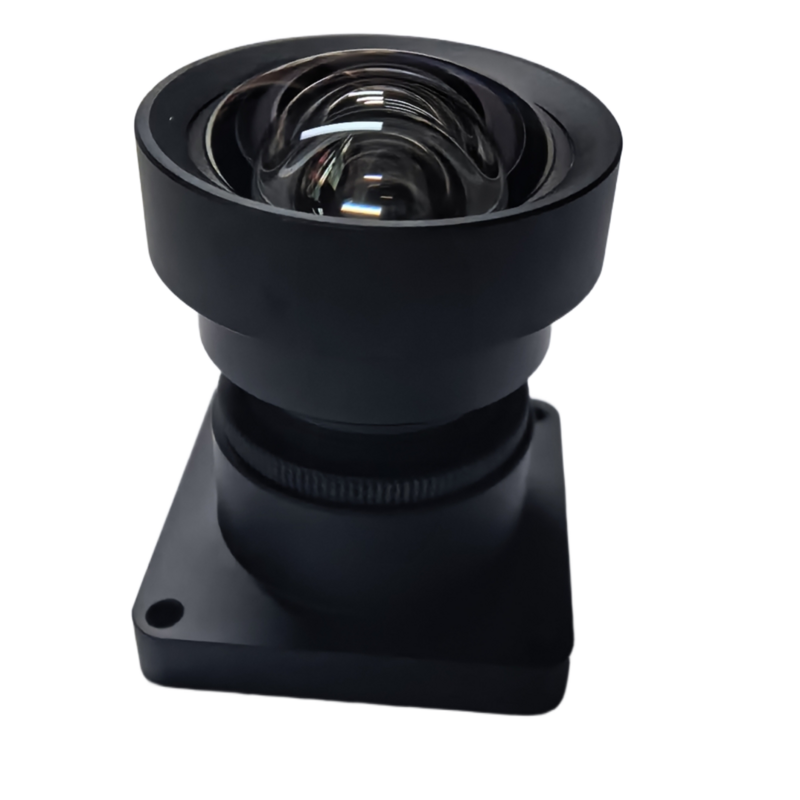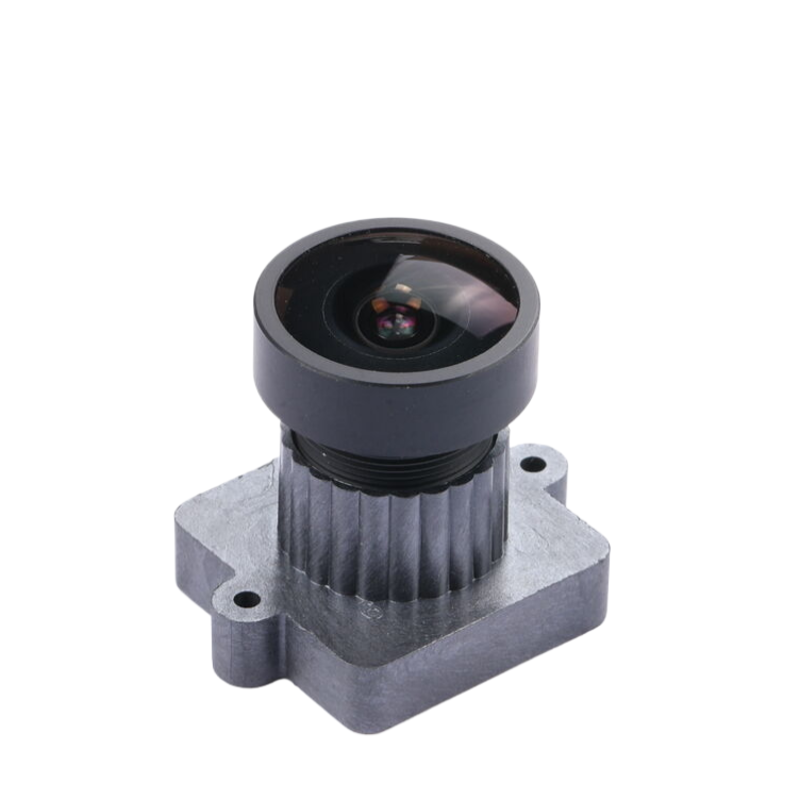Industrial News
Revolutionizing Surgical Precision and Patient Outcome
Medical lenses have revolutionized orthopedic surgery, enhancing both surgical precision and patient outcomes. Through their practical applications, medical lenses have transformed the field, enabling orthopedic surgeons to accurately diagnose and treat various musculoskeletal conditions. This article delves into the far-reaching benefits of medical lenses in orthopedic surgery, highlighting their role in surgical planning, intraoperative guidance, and postoperative monitoring.
Enhanced Surgical Planning
Medical lenses play a crucial role in preoperative assessment and planning. By using advanced imaging techniques, such as computed tomography (CT) scans or magnetic resonance imaging (MRI), orthopedic surgeons can obtain a detailed understanding of the patient's anatomy and pathology. These images are then integrated into a medical lens, allowing surgeons to visualize the affected area in a three-dimensional (3D) format. This facilitates precise surgical planning, as surgeons can accurately identify the location and severity of the condition, leading to more effective treatment strategies.
Precision Intraoperative Guidance
During surgery, medical lenses provide real-time visualization and guidance to assist orthopedic surgeons in navigating complex anatomical structures. With the help of augmented reality (AR) technology, medical lenses overlay the patient's anatomy onto the surgeon's visual field, enabling them to perform procedures with enhanced precision. Surgeons can visualize hidden structures, such as nerves and blood vessels, and accurately place implants or perform bone resections. This minimizes the risk of complications and ensures optimal surgical outcomes, reducing the need for revision surgeries.
Postoperative Monitoring and Rehabilitation
Medical lenses continue to play a critical role in the postoperative phase by facilitating patient monitoring and rehabilitation. By capturing and analyzing patient data, medical lenses enable surgeons to assess the progress of the healing process. They can monitor the alignment of implants, evaluate joint stability, and detect any signs of complications. Furthermore, medical lenses offer interactive rehabilitation programs, guiding patients through tailored exercises and tracking their progress. This personalized approach improves patient compliance and enhances overall recovery.
In summary, medical lenses have transformed the field of orthopedic surgery by providing surgeons with enhanced surgical planning capabilities, precision intraoperative guidance, and improved postoperative monitoring and rehabilitation. As a result, patient outcomes have significantly improved, with decreased complication rates, reduced revision surgeries, and enhanced overall recovery. The practical applications of medical lenses in orthopedic surgery continue to advance, promising even greater advancements in the future.
 English
English  German
German Japanese
Japanese Korean
Korean Vietnamese
Vietnamese French
French Spanish
Spanish भारत
भारत



